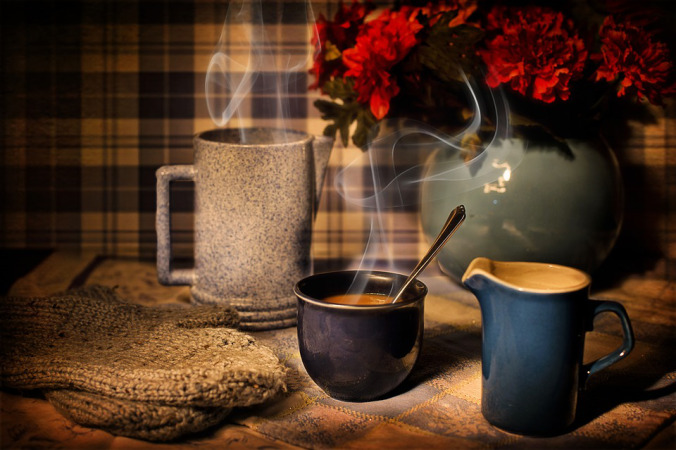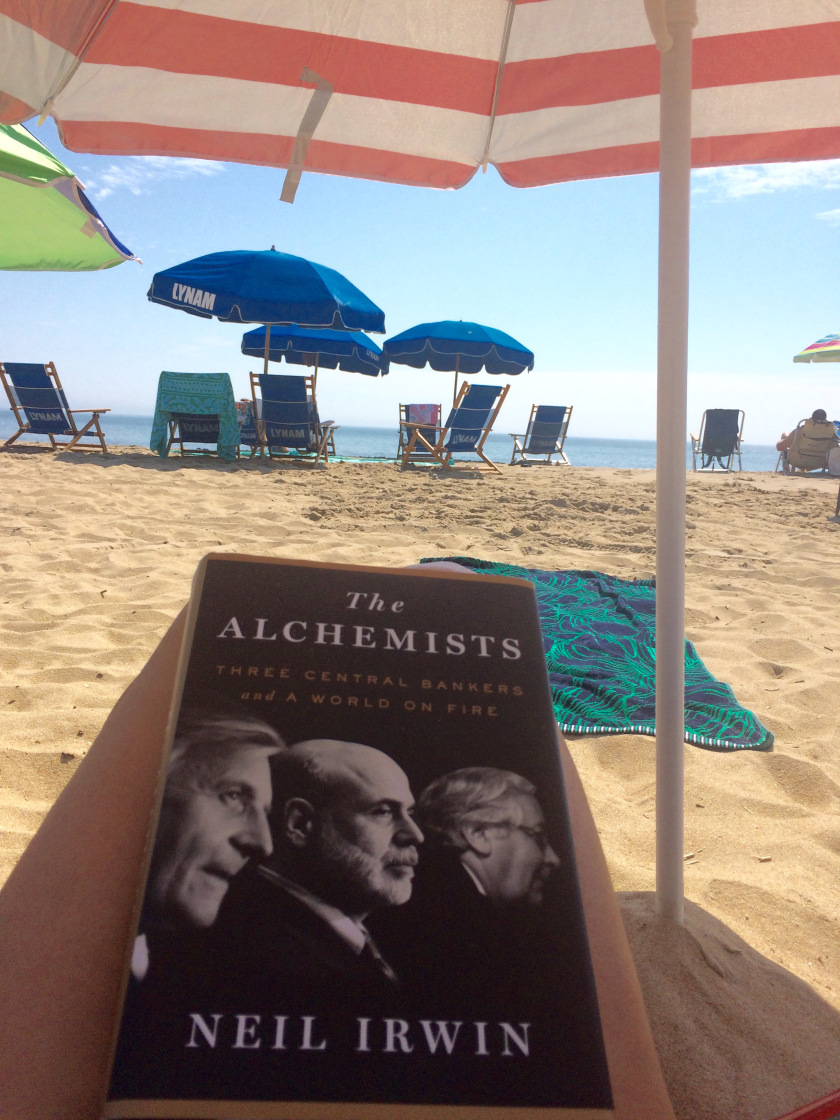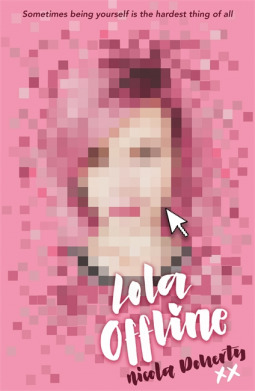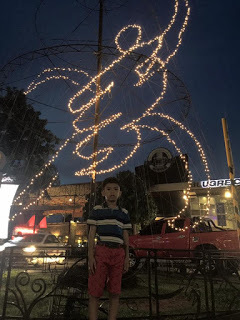
I enjoy discovering new words (well, new to me), especially those evocative of home or homesickness. Hireth and coddiwomple are two favourites. I recently heard another: hygge, pronounced ‘hoo-ga’. Translated as ‘cosiness’ once it leaves Danish waters, hygge means more than an evening in sheepskin slippers with a hot chocolate. In Denmark, it’s an entire lifestyle of living in the moment and forgetting life’s worries in tranquil, informal spaces. It’s about warmth and candlelight.
I discovered hygge in a BBC article, dated October 2015. It said the Danish concept had invaded the United Kingdom—but I’d never heard of it. And we all know reclusive authors are the first to hear of new fads and trends. By the way, there’s this Canadian singer called Justin Bieber about to hit the airwaves …
Anyway, turns out I missed hygge completely. In the United Kingdom, the word is already passé. The furniture stores advertising hygge sofas and designers touting hygge room layouts have moved on. The restaurants dolloping hygge comfort food onto rustic plates are serving something else. According to Ideal Home, the Swedish word lagom, meaning ‘just the right amount’ replaced hygge in 2017 in the UK.
But I feel cheated. I miss hygge. I want to be part of the hygge phenomenon, to prove I’m ‘current’ on the goings on in my native culture and language. I know, I know—Danish isn’t my native language, but try and keep up here. The point is, something else has come and gone in my homeland that I was completely unaware of. So, does a lack of hygge knowledge make me less British?
Think I’ll make some hot chocolate, light a candle, and ponder that for a while.
Advertisements Share this:




